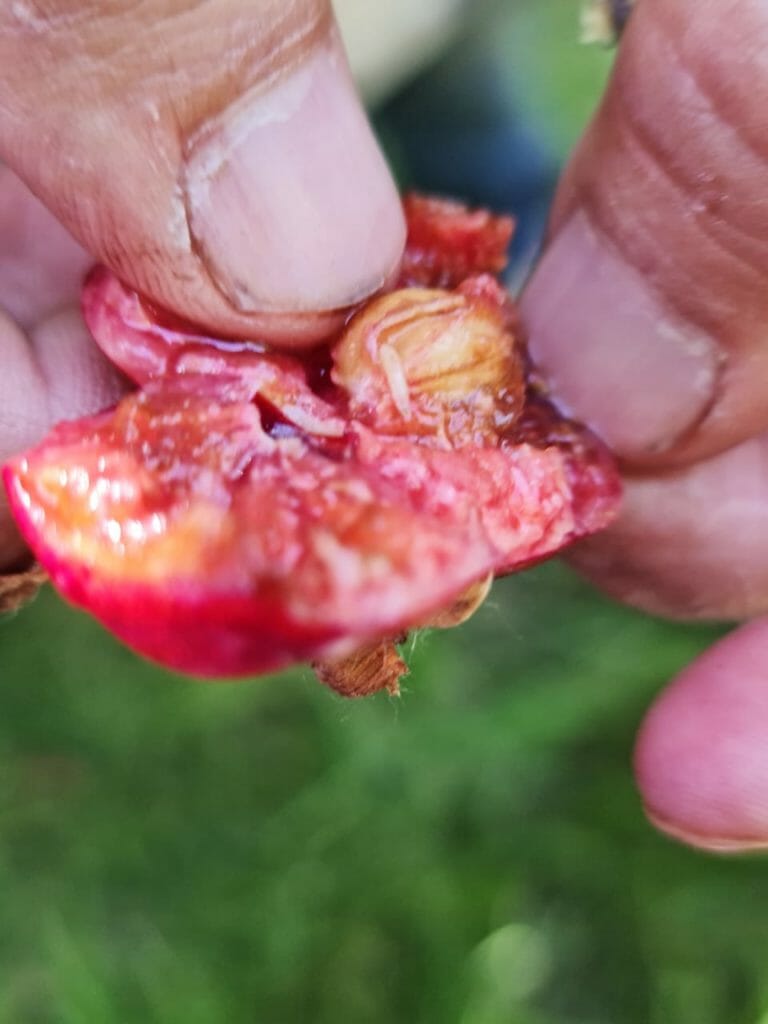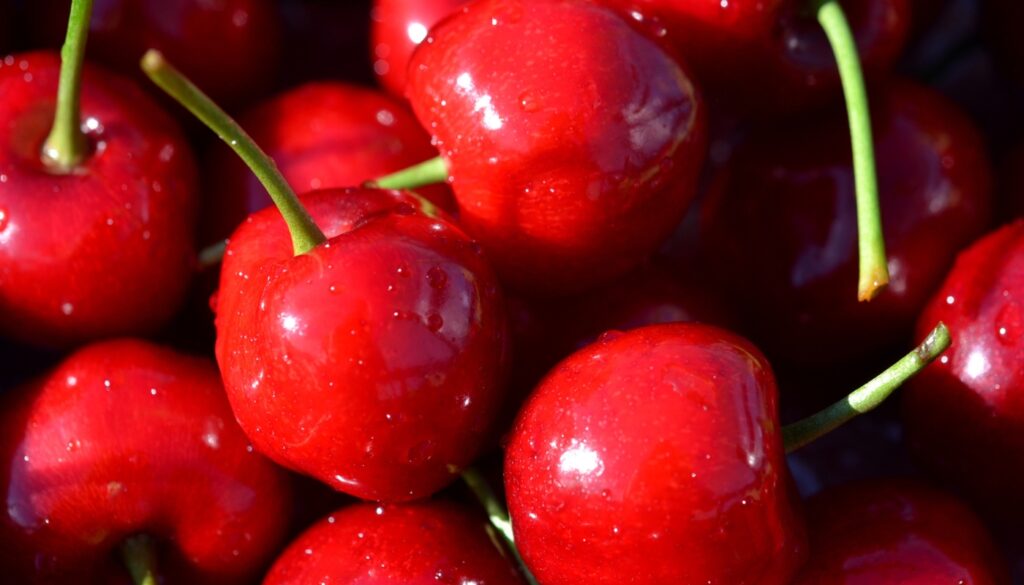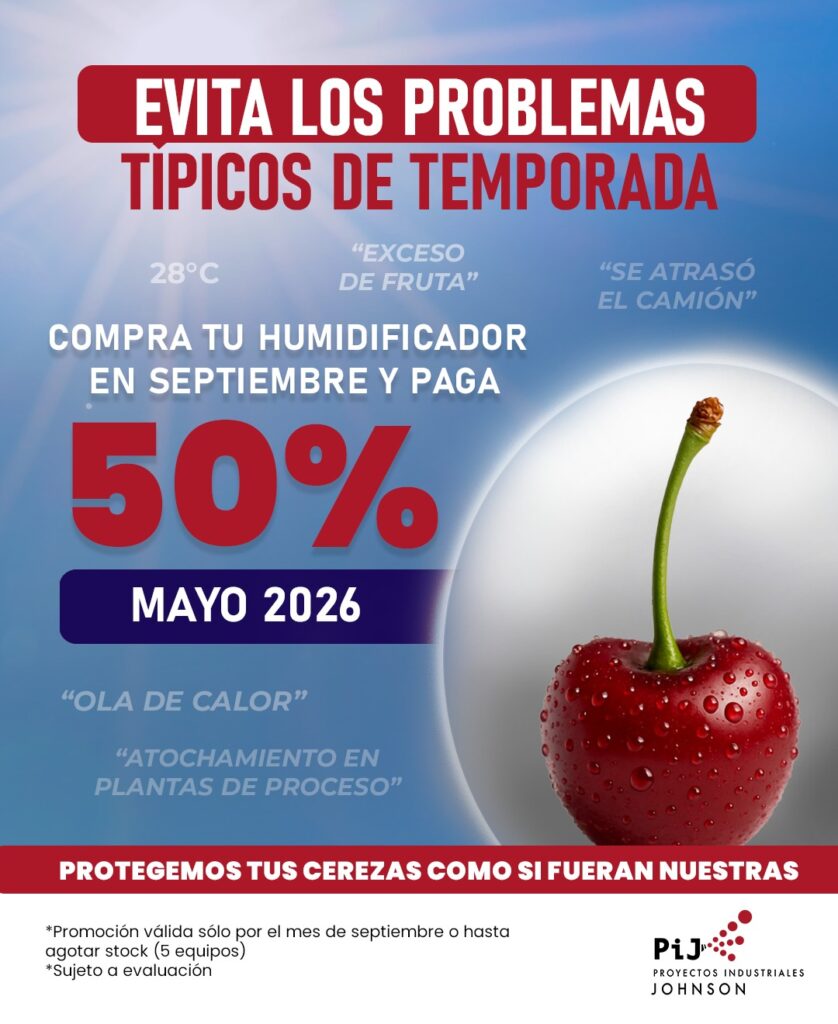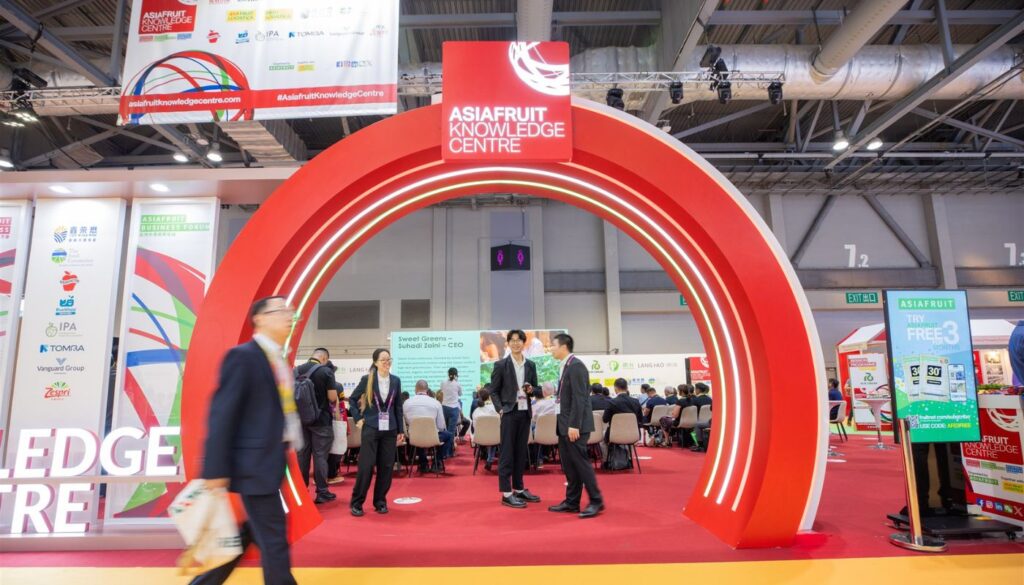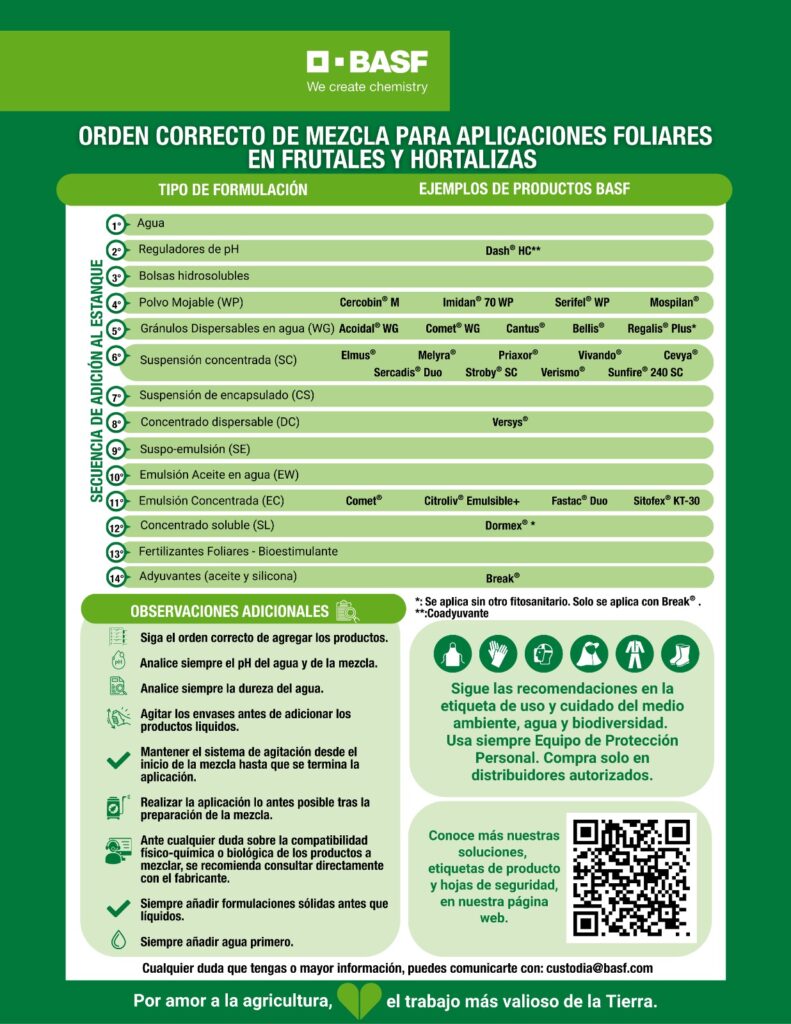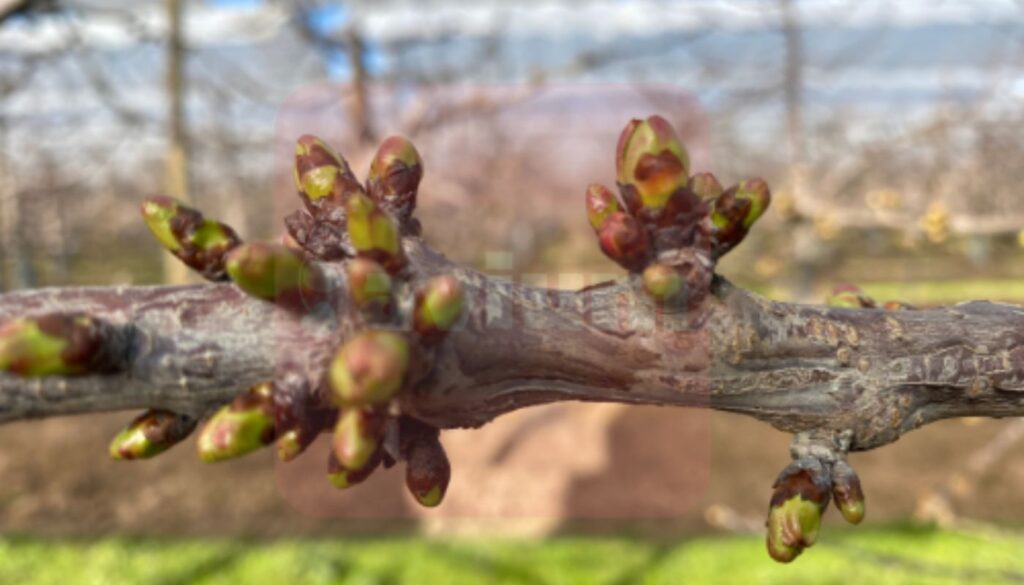By: Magali Torés ([email protected]) and Elisa Cabrera ([email protected])
Drosophila suzukii The spotted-wing fly, better known as the spotted-wing fly, is an insect native to Asia, currently found in the United States, Europe, and South America. It is a polyphagous pest, with a short reproductive cycle and highly destructive, which is why it is classified, in the agricultural sector, as one of the most invasive pests worldwide. In Chile it was detected for the first time in the southern zone in 2017, and the first specimens have currently been found in Arica (April 2022).
Due to its rapid expansion, it is not considered a quarantine pest. Its importance lies in the level of damage it can cause to the fruit trees it affects. Despite being a polyphagous pest, it has preferences for some fruits over others, which are determined by their color, level of ripeness, pH, soluble solids, pulp firmness, skin thickness and penetration strength, with berries and cherries being its main hosts.
The main damage is caused by the adult female, which, thanks to its serrated ovipositor, is able to break the skin of the fruit and lay eggs in fresh fruit, allowing the entry of diseases and subsequent rotting of the fruit. The losses generated can reach the point of making production unprofitable, which is why it is necessary to carry out integrated pest management where the application of agrochemicals is essential.
Applications should be focused only on the period of susceptibility of the fruit, since eradicating the pest from an orchard is practically impossible due to its short cycle, 7 to 10 days. The susceptible period includes from fruiting to harvest, where we must choose different tools to cover this time interval. But what characteristics should the products have to obtain the best results?
Firstly, a high level of effectiveness in controlling adults is required, since they are the ones that cause damage to the fruit. Control of larvae is secondary, since, if they are present, it is because the fruit was previously perforated, and this turns the fruit into discarded material.
Another high-value feature is whether the product controls other important pests for the species, such as, for example, Lobesia botrana, thrips or other pests.
In the particular case of cherry trees, it is also important not to neglect the control of quarantine moths and damage caused by thrips (both in flower and veraison). Taking all these aspects into account when formulating a phytosanitary program, it is essential to choose products that control adults and also have a broad spectrum, in order to deliver quality fruit to its destination.


Success®48 and Entrust® Market characteristics and tolerances
Success®48 (Qalcova™ active) and Entrust® (Qalcova™ active) are Corteva Agriscience technologies belonging to the spinosyn group (group 5, IRAC) that, unlike the main controllers of the spotted wing fly, are of biological origin. These products are based on the fermentation of a natural soil bacteria called Saccharopolyspora spinosa, with a friendly ecotoxicological profile, selective to natural enemies. Additionally, Entrust® is an organic product certified by OMRI and the USDA National Organic Standards Board.
Success®48 and Entrust® are considered a standard in Drosophila suzukii control worldwide due to their outstanding performance, making them an excellent option to position in the control program for this fly.
Their positioning will depend on the needs of the orchard, since they also have excellent control of Thysanoptera, such as California Thrips, and Lepidoptera such as Cydia is annoying and other quarantine pests.
Both products show outstanding efficacy in controlling adult mosquitoes. Drosophila, in addition to the control of larvae and eggs. Which, in combination with the rotation of other chemical groups, allows for the creation of highly effective programs.
The excellent environmental profile of these products translates into very good tolerances in all export markets. Fruit applied with Success®48 and Entrust® will have open markets to safely reach its destination.
Current tolerances allow for 2 pre-harvest applications in the case of cherry trees, with only a 3-day waiting period, providing security for late applications. It is important for anti-resistance management to carry out a maximum of 2 consecutive applications and not exceed a total of 3 spinosyn applications during the season. Along with the above, alternating action mechanisms to maintain the efficacy of all products on the market and thus avoid loss of sensitivity of these is a fundamental practice to ensure effective controls in the long term.
Check out more content from Corteva


